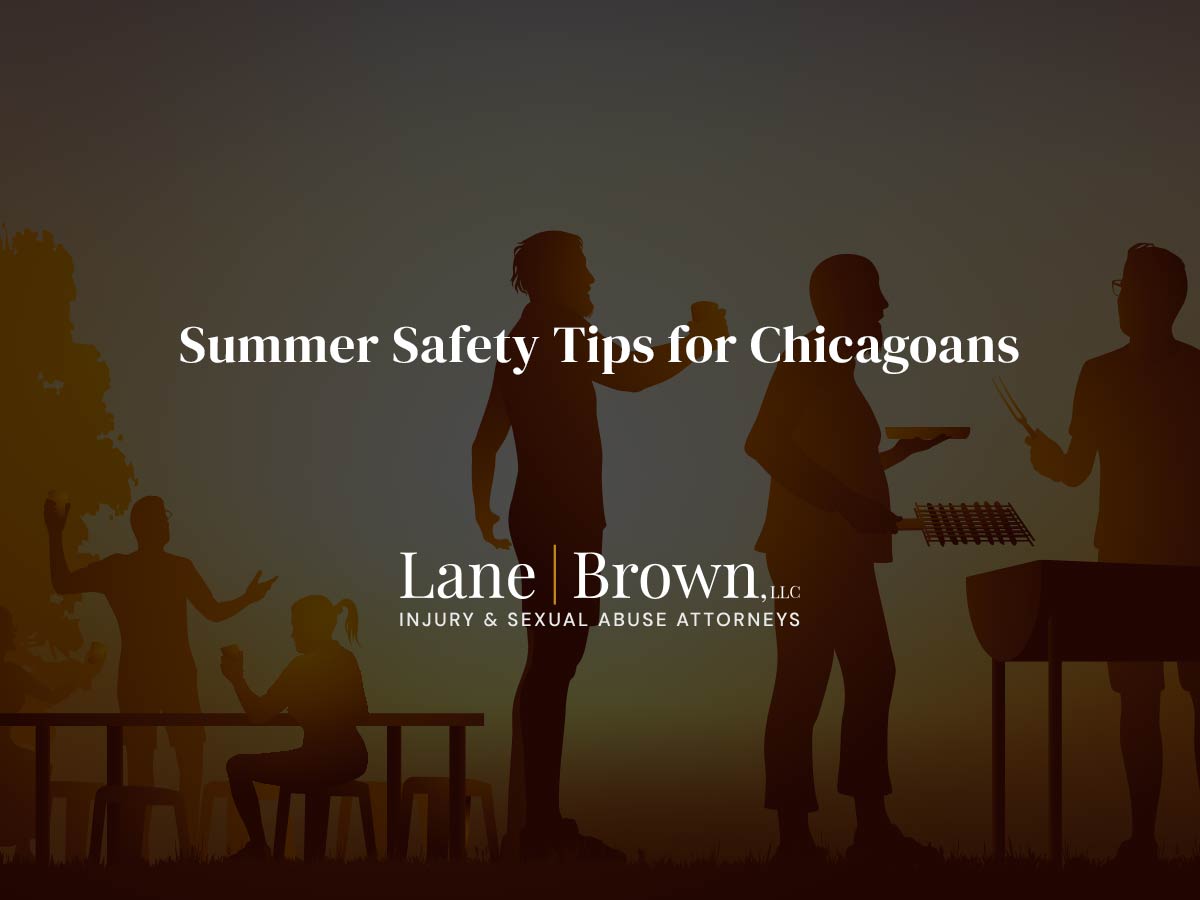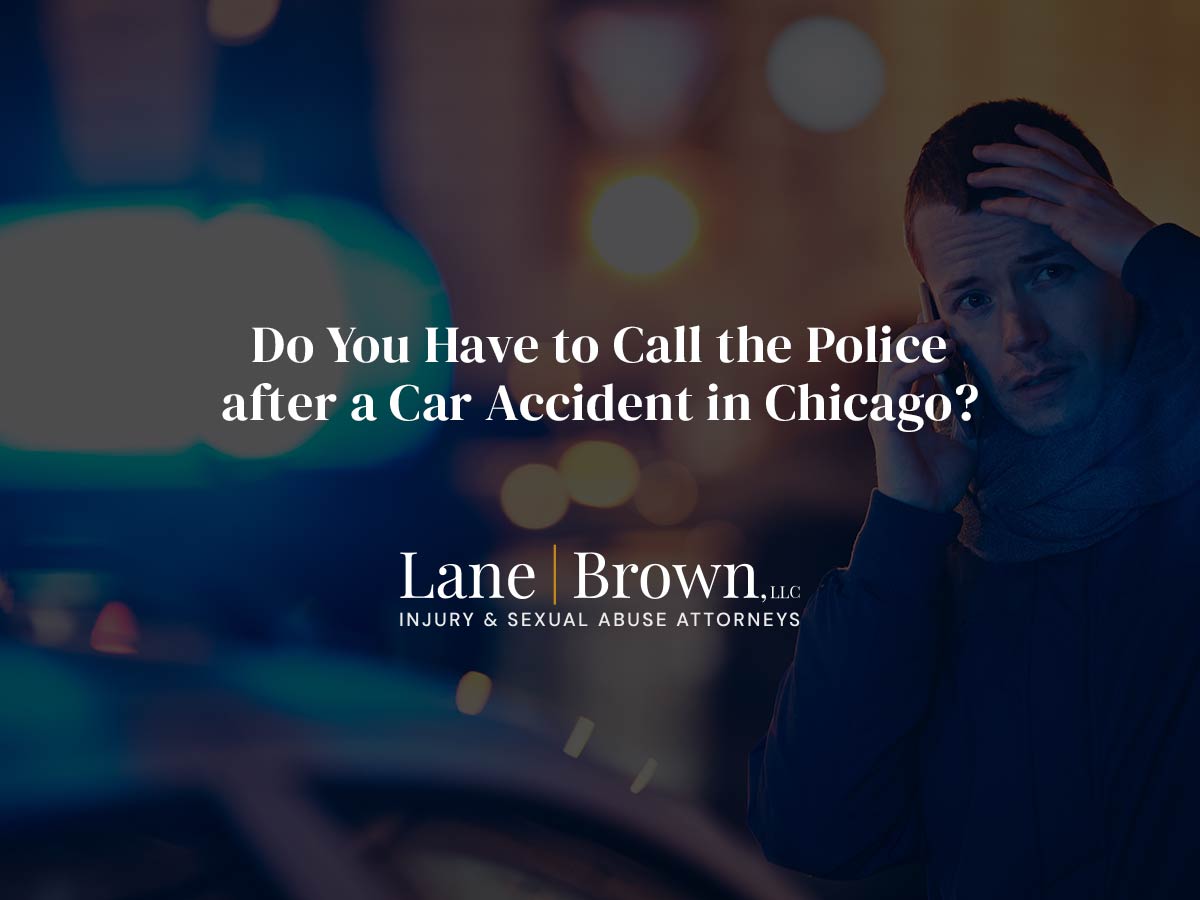After suffering a serious injury in an accident, the last thing you want is to deal with a long, drawn-out court battle over compensation for your losses. This often tempts injury victims into accepting personal injury settlement offers that may not be in their best interests.
In some cases, accepting a settlement offer from the insurance may be a good fit. So that leaves victims wondering which route is best for them. Continue reading to learn more about whether going to court or accepting an insurance settlement is better for injury victims like you.
What to Expect From the Insurance Company
In most accident cases, you’ll deal with an insurance company. This includes premises liability accidents such as a slip-and-fall, a car accident, a defective product injury, a medical malpractice claim and others.
The thing about the insurance company is that it typically doesn’t prioritize the needs of its claimants. Paying out on your claim will cost money, which means it’s in the insurer’s best interests to minimize your settlement. How does it get away with this, you might ask? Well, the insurer has two major tricks up its sleeve: making you a fast offer and asking you for a statement.
The problem with a quick offer is that it’s usually done when an insurance adjuster recognizes that your claim is worth more. It offers you money quickly to avoid fairly compensating you. You accept because you need the money and it seems reasonable. For this reason, we never recommend accepting an insurance offer without first reviewing it with your lawyer.
The other way insurers take advantage of injury victims is by asking them for a statement. If you are found partially liable for your injuries, the insurer could get away with paying out less on your claim. The adjuster could manipulate your words to make it appear as though you have admitted fault in some way. It’s a good idea to always have your lawyer handle negotiations with the insurance company to protect yourself.
Now What?
These tactics don’t necessarily mean it’s wrong to accept an insurance offer. In some cases, insurers are willing and able to settle your claim quite fairly. However, you should always make it a best practice to have a lawyer prioritizing your best interests.
If the insurance company can’t or won’t settle your claim reasonably, your lawyer may recommend that you move forward with a personal injury lawsuit to maximize your compensation.
Contact a Chicago Personal Injury Lawyer
If you have suffered serious injuries in an accident and want to be sure that you are getting the most out of your claim, reach out to an experienced Chicago personal injury lawyer at Lane Brown, LLC. You can reach our office through the quick contact form included below or by calling us at 312-332-1400 to schedule a free, no-obligation consultation.



